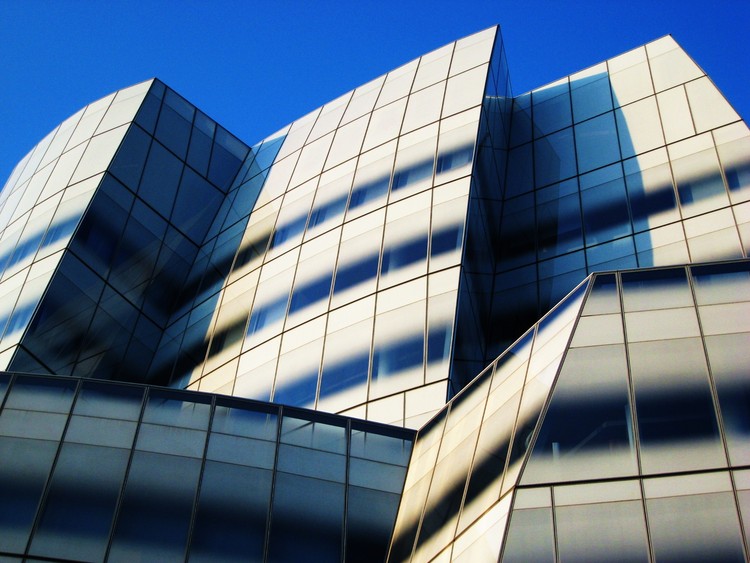
Discovered by archaeologists in civilizations as old as ancient Egypt and Mesopotamia, fritted glass is hardly a new technology. Yet thanks to its energy-saving abilities and the smooth, gradient aesthetic it produces, fritted glass has seen a rebirth in contemporary architecture.
Frit itself is a ceramic component that can be laid out into an assortment of patterns, most typically consisting of dots or lines. These patterns can then be silk-screened onto annealed glass using frit paint. Then, the glass is fired in a tempering furnace, which strengthens and improves the safety of the glass under thermal stress. The resulting product is glass of determined transparency that, when used in building facades, can reduce solar heat gain and even make buildings more visible and less deadly for birds.



